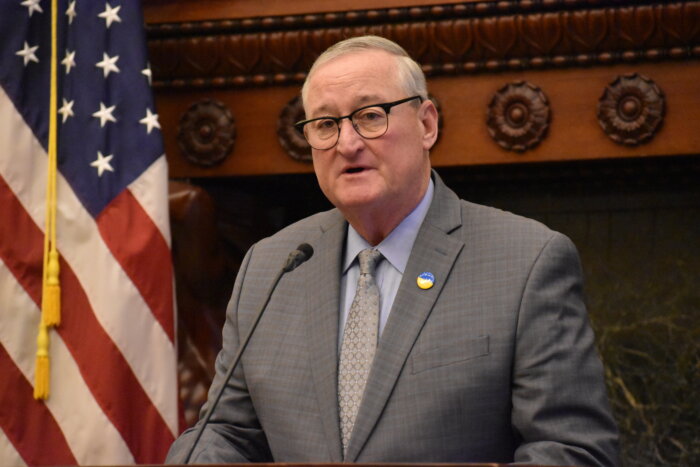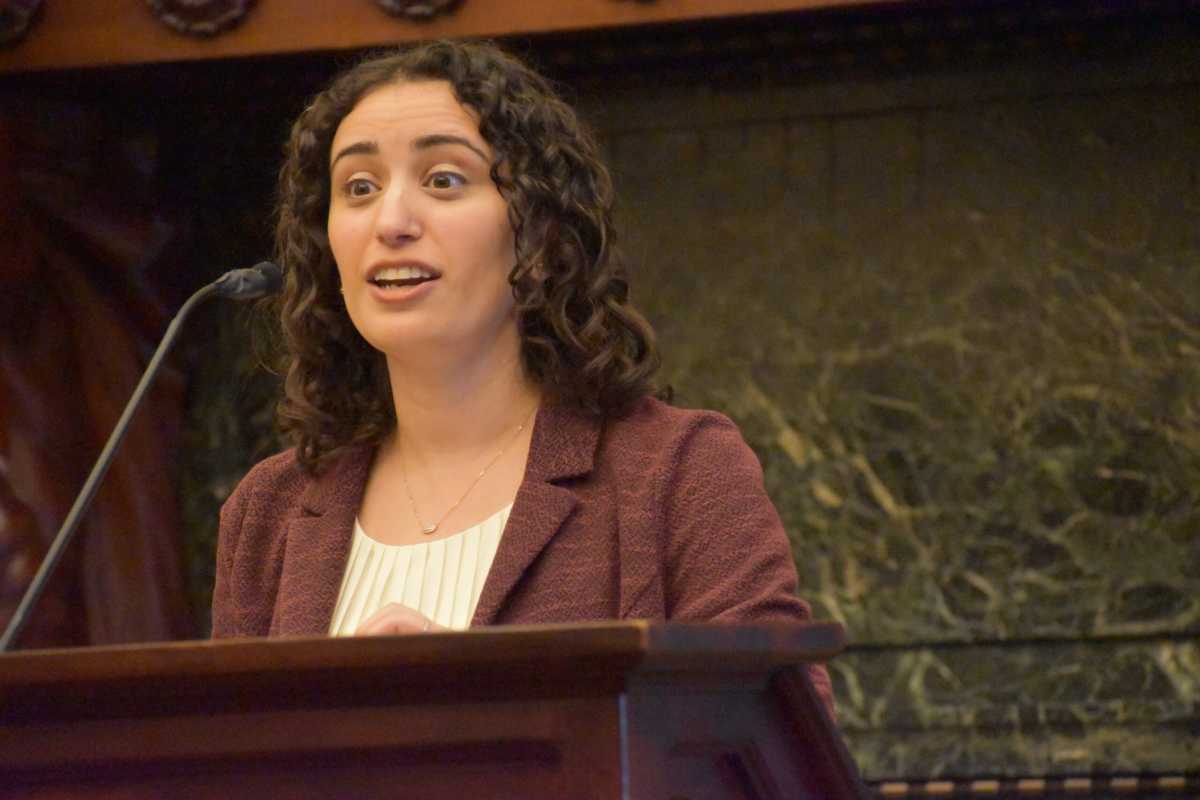Philadelphia’s health department is backing a trial program to distribute $1,000 a month to pregnant women in an effort to lower infant mortality.
Beginning next year, if the pilot initiative reaches its funding target of $6 million, 250 people will begin receiving payments from their third month of pregnancy through to their baby’s first birthday.
The program will target expectant mothers in the neighborhoods with the highest rates of low birth weights – Cobbs Creek, Strawberry Mansion and Nicetown-Tioga, officials said. Participants will be able to use the money any way they wish.
“The no-strings-attached is key,” said Dr. Stacey Kallem, of the city’s Department of Public Health. “We are respecting the dignity and autonomy of program participants to use the funds as they see fit to improve their health and the health of their babies.”
Dubbed the Philly Joy Bank, the initiative is one of dozens of guaranteed income trials being conducted nationwide. At least three others are in different stages of development in Philadelphia, Kallem told Metro.
She said the Joy Bank was inspired by Manitoba’s long-running prenatal benefit, which provides up to $81 a month to pregnant women living in the Canadian province, and San Francisco’s Abundant Birth Project.
The California pilot, which was recently expanded, also provides $1,000 a month, albeit for a year instead of 18 months.
“Research has shown that supporting pregnant people with cash payments can improve birth outcomes that are associated with infant mortality, including low birth weight and prematurity,” Philadelphia Health Commissioner Cheryl Bettigole said at a news conference.

Philadelphia’s infant mortality is the highest among the country’s 10 largest cities, officials said, and preliminary health department data from 2021 shows that Black babies are four times as likely as white infants to die within their first year.
Black and Hispanic pregnant people are also more likely to have little-or-no prenatal care, and Black infants more frequently have to spend time in intensive care, according to the city’s data.
In addition to the money, which was set using housing costs as a barometer, the women will be offered the support of a financial counselor, lactation consultant and doula, according to Mayor Jim Kenney’s office.
“That’s pro-life,” Kenney said Monday morning, speaking about the initiative as a whole.
Philly Joy Bank is looking for additional donations; thus far, the William Penn Foundation and Spring Point Partners have contributed more than $3 million.




























